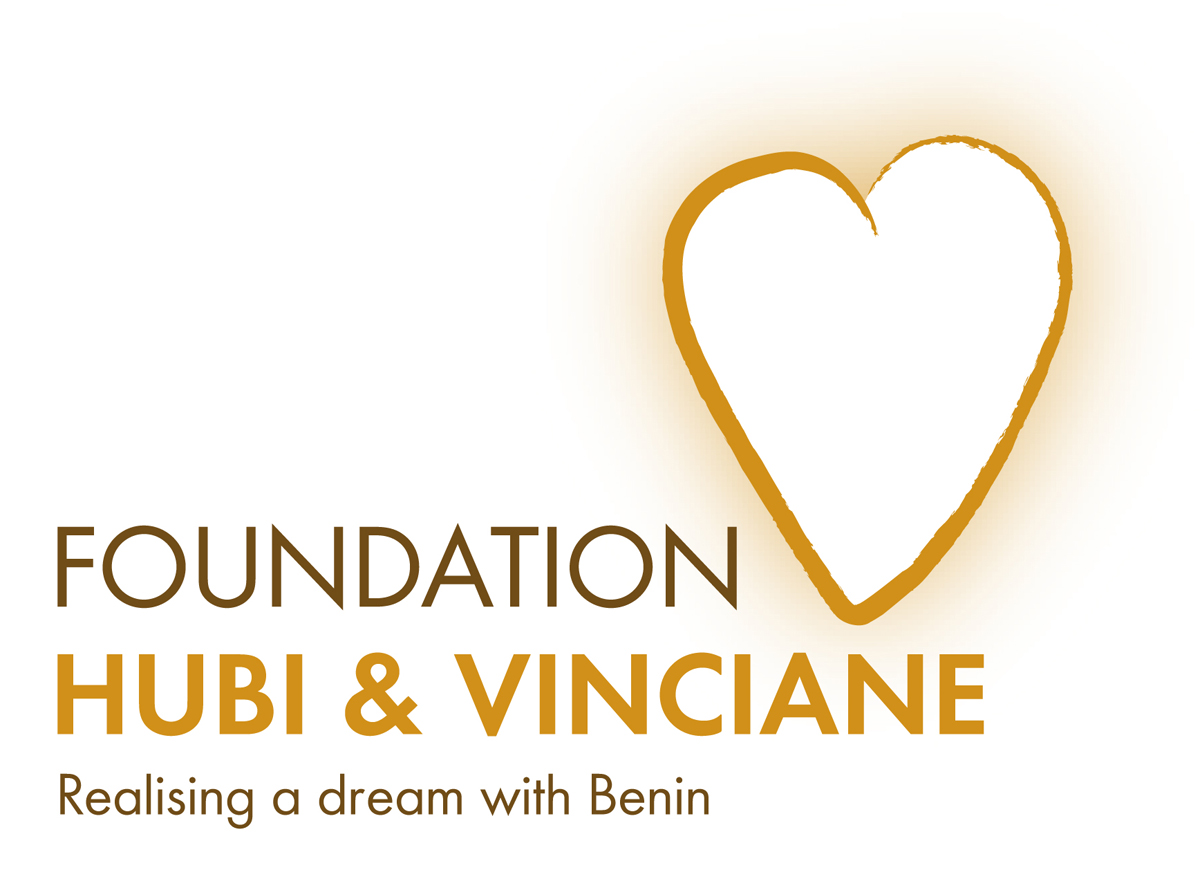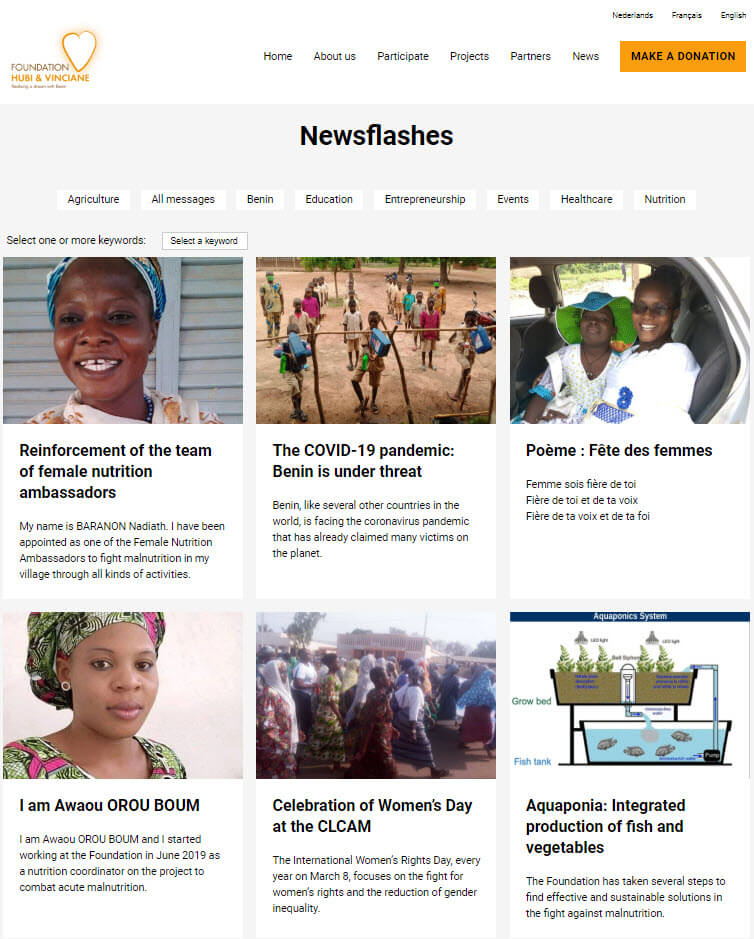History of Agriculture Projects
Banana project – a banana plant for every woman
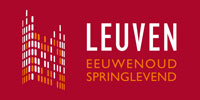
Description: training in banana growing and derived products for sale
Partner: Ferme Sokounon and professor Rony Swennen
Budget: 60 000 euros (City of Leuven)
Irrigation network for the vegetable garden
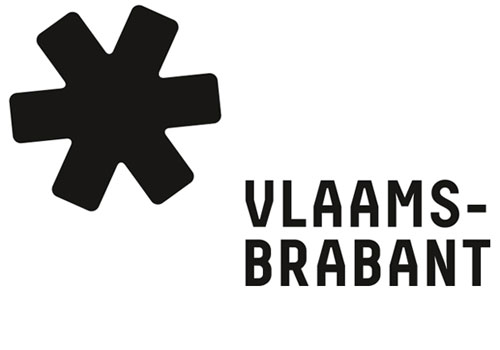
Location: the Sokounon training center
(also serves as a demonstration site)
Period: 2016
Partners: Humasol and Protos
Budget: Sokounon irrigation cost 29 000 euros, including a co-financing of 20 000 euros of Flemish Brabant
Program soybean cultivation
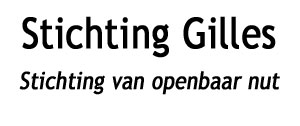
Description: training courses in the manufacture of derived products such as soya cake, mustard, milk and others.
Partner: Ferme Sokounon and Ministry of Agriculture
Budget: 12 500 euros per year (funding Gilles Foundation)
Construction of warehouses in the villages
Budget: 5 500 euros per building
Installations for rearing farm animals
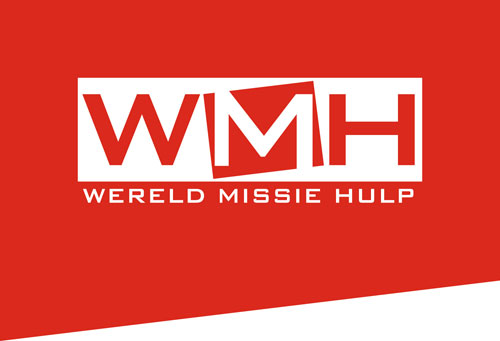
Location: Sokounon
Partner: Ferme de Sokounon
Budget: 100 000 euros
(of which 60 000 euros World Mission Assistance)
Period: 2015 – 2017
Training in the making of honey
Location: Sokounon
Partner: UGent – Prof. Jacobs
Budget: 2 500 euros (Hubi & Vinciane Foundation)
Period: March 2006
See also : Honey project in Sokounon: on the way to organic food
Breeding goats in the stables

Description: production of goat’s milk and derived products such as yoghurt and goat’s cheese
Location: Ferme de Sokounon
Partner: Remy Schiffeleers, who has provided training
Budget: 7 500 euros (in collaboration with Stichting Gilles)
See also : Consumption of goat’s milk in Benin: an avenue being explored
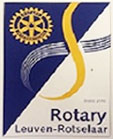
Rice cultivation program
Description: training and purchase of rice peeling machine
Partner: Sokounon
Budget: 25 000 euros (Rotary Grant and RC Leuven-Rotselaar)
Honey project in Sokounon: on the way to organic food
In the Beninese tradition, honey is mainly known as a medicine. People use it for its healing power in case of wounds.
Consumption of goat’s milk in Benin: an avenue being explored
The farm of SOKOUNON contributes to the improvement of the population’s diet in terms of consumption of dairy products.
